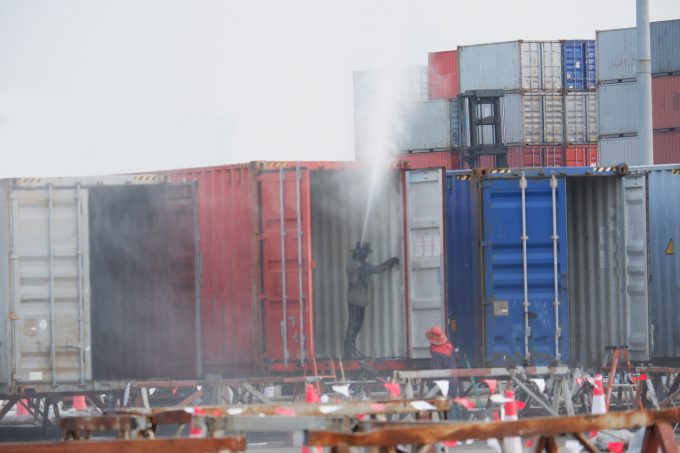Cargo Integrity Group reveals the most dangerous cargo found in containers
A list of 15 of the most dangerous cargo types commonly carried in containers has ...

Regulations requiring import containers from 40 countries across Europe, Asia, the Middle East and Africa to be treated to prevent the migration of Khapra beetles into Australia will be enforced from today.
Certain containers from 40 designated countries, listed by Australia’s Department for Agriculture, Water and Environment (DAWE), that will be unpacked in in grain growing regions of Australia will need to be treated either using methyl bromide, heat treatment or pesticides, and to be issued with a valid certificate before ...
Asia-USEC shippers to lose 42% capacity in a surge of blanked sailings
USTR fees will lead to 'complete destabilisation' of container shipping alliances
New USTR port fees threaten shipping and global supply chains, says Cosco
Outlook for container shipping 'more uncertain now than at the onset of Covid'
Transpac container service closures mount
DHL Express suspends non-de minimis B2C parcels to US consumers
Zim ordered to pay Samsung $3.7m for 'wrongful' D&D charges
Flexport lawsuit an 'undifferentiated mass of gibberish', claims Freightmate

Comment on this article
Jason Cook
July 12, 2021 at 3:28 pmThere is a massive opportunity globally to offer Fumigation services of containers destined to Australia. Currently in the US, EcoLab has a near monopoly on this space and is running away from the others.